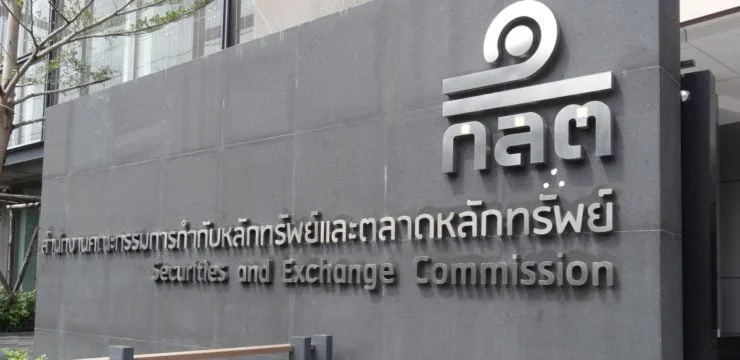The Securities and Exchange Commission (SEC) of Thailand after placing a ban on crypto lending and staking by crypto firms is getting ready to hold another open hearing to get public opinion about the decision.

The draft regulation forbidding virtual asset service providers (VASPs) from offering or getting engaged in any kind of crypto staking and lending activities was made public on March 8 by Thailand’s SEC, who made the official announcement.
In accordance with SEC guidelines, VASPs shouldn’t be permitted to use customers’ deposits as collateral or offer lending services to protect investors in the event that the services are terminated.
Also, because digital asset enterprises are not already completely monitored, the proposed regulation is anticipated to further clarify the scope of supervision of those businesses, the SEC said, adding:
“The proposed regulation aims to provide greater protection to investors, reduce associated risks, and prevent a misunderstanding that deposit taking and lending services are under the same supervision as regulated digital asset businesses.”
The securities regulator stated in the release that the SEC held a public hearing on the fundamentals of the proposed regulation in September and October 2022.
In essence, the proposed legislation would forbid VASPs from engaging in activities including receiving user deposits for lending, staking, and any other use of such assets, paying interest on crypto holdings, and advertising any such services.
By April 7, 2023, the authority is asking interested parties and stakeholders to submit their comments and ideas via email or the SEC website.
The news is released as Thailand’s SEC strengthens its cryptocurrency regulations in response to the current issue facing the cryptocurrency lending sector.
The ongoing crypto bear market has caused substantial liquidity problems for a large number of key sector lenders, including Voyager Digital, Celsius Network, Genesis Global, Babel Finance, and Hodlnaut.
As a result, some companies have been forced to reorganize or liquidate their operations. The United States’ SEC is suing Gemini, a significant cryptocurrency exchange founded by Tyler and Cameron Winklevoss, for alleged violations in its “Earn” program, which was created to provide investors with annual earnings of up to 8.05%.
